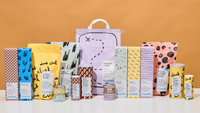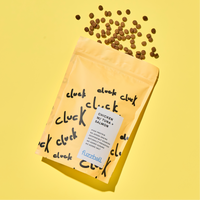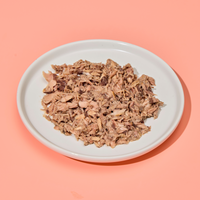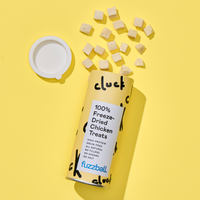How Diet Affects Your Cat’s Skin and Coat Health
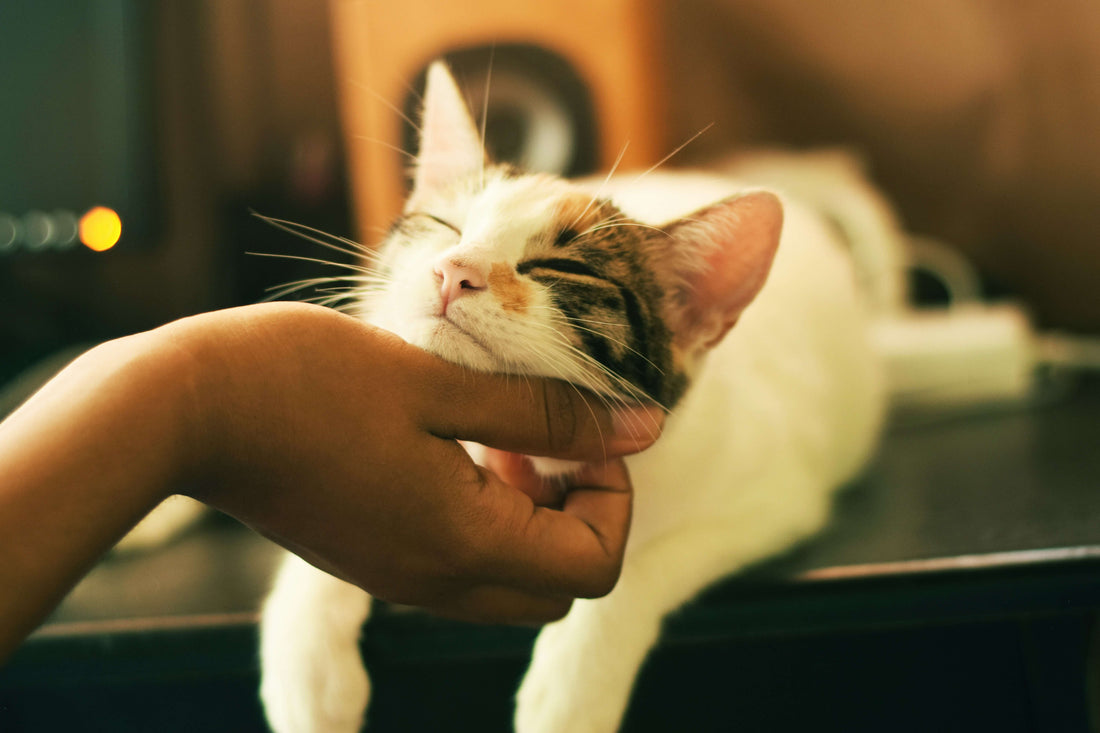
Have you ever heard the saying, “You are what you eat”? Well, this applies to your fur baby at home as well. Your cat’s skin is its largest organ and plays an important role in maintaining their overall health. It acts as a protective barrier against environmental threats, assists with water retention, and regulates temperature.
Key nutrients like protein, essential fatty acids, and vitamins play an important role in supporting healthy hair follicles and maintaining a strong skin barrier. With a well-balanced diet that meets all your cat's nutritional needs, their coat appears brighter, softer, and more resilient. In short, a cat’s coat is more than a layer of fur; it is an indicator of their overall health.
What Does a Poor Diet Do to Your Cat’s Coat?
Healthy skin and a healthy coat start from within. Your cat's skin condition is affected by age, breed, genetics, hygiene, and its living environment. However, one of the most important and often overlooked factors is your cat’s diet. A poor diet can lead to a dull, brittle, or greasy coat; excessive shedding; dry or flaky skin; and even unusual excessive grooming or scratching.
In the long term, it will compromise your cat's comfort, increase the risk of skin infections, and reduce the natural protective barrier that healthy fur and skin provide. If you start noticing any of the above-mentioned factors, it might be time for your cat to try a new, healthier diet.
Which Nutrients Support a Shiny Coat and Healthy Skin?
As a responsible cat parent, you want to feed them the best cat food to help them truly thrive. From protein and essential fatty acids to key vitamins and minerals, each plays an important role in keeping your cat’s fur soft, strong, and full of life. Here’s what to prioritise in their diet.
Protein
Protein is essential for keeping your cat’s skin and coat in good condition. It forms the foundation of keratin, which is the key protein that makes up both skin and hair. A diet rich in protein supports strong, healthy hair growth and helps the skin repair and renew itself on a regular basis. Because your cat’s skin is constantly regenerating, it requires a steady supply of high-protein cat food to function properly.
Both high-protein wet cat food and high-protein dry cat food will provide the nutrients needed to maintain healthy skin and a glossy coat. Some cat owners also include high-protein treats in their pet’s routine to help boost overall nutrition. Fuzzball’s dry food is made with 70% protein, is completely grain-free, and contains no added sugar or salt.
Salmon Oil (Omega-3 & Omega-6 Fatty Acids)
Salmon oil is a rich, natural source of essential fatty acids that help support your cat’s skin and coat health. It’s especially high in omega-3s, which help reduce inflammation and can soothe dry, itchy, or irritated skin. Salmon oil also contains some omega-6 fatty acids, which support the skin’s natural oil barrier, keeping the coat soft, hydrated, and shiny.
Since cats cannot produce certain fatty acids on their own, adding salmon oil to their diet is an easy and effective way to ensure they’re getting the nutrients they need for healthy skin and a glossy coat.
Vitamins & Minerals
Vitamins and minerals may be needed in small amounts, but they have a significant impact on your cat’s skin and coat health. Vitamin A supports healthy skin growth, while B vitamins like biotin help the body use nutrients for tissue repair and a healthy coat. Vitamin E helps protect skin cells and supports the skin’s immune system. Zinc helps keep your cat’s skin healthy and prevents dryness, while copper supports hair colour and strength.
These nutrients work together to keep the skin barrier strong and the coat looking vibrant. Without enough of these minerals, your cat may experience hair loss, a dull coat, or slow hair growth.

How to Spot Diet-Related Issues Early?
To catch diet-related issues in your cat before they become serious, pay close attention to changes in their behaviour, appearance, and daily habits. Keep an eye on their eating patterns, litter box activity, and energy levels.
Warning signs include the following: a reduced appetite, weight loss, vomiting, diarrhoea, excessive gas, low energy levels, skin irritation, increased shedding, or a dull coat. Noticing these signs early gives you the chance to adjust your cat’s diet before more serious health problems develop.
Simple Tips to Support Your Cat's Health
A few simple changes to your cat’s daily routine can make a big difference in their skin and coat health. These practical tips are easy to implement and help ensure your cat stays hydrated, well-fed, and looking their best.
|
Tip |
Description |
|
Choose high-quality food |
It is important to ensure you choose high-protein food for your cat. |
|
Consider supplements |
Fish oil and omega-3 supplements can help improve coat shine. |
|
Fresh water daily |
Hydration is essential. Keep water bowls clean and topped up. |
|
Add wet cat food |
Wet food helps keep your cat hydrated, especially if they don’t drink much water. |
|
Avoid human food |
Most human foods aren’t safe or nutritionally balanced for cats. |
|
Stay consistent |
Keep your cat on a regular feeding schedule and avoid frequent diet changes to prevent stomach problems and coat issues. |
What Are the Long-Term Benefits Of a Balanced Diet For Cats?
A balanced diet doesn’t just improve your cat’s coat in the short term; it supports their health and well-being for years to come. A properly balanced diet provides essential nutrients that support organ function, boost the immune system, and help prevent chronic diseases. You will likely notice your cat becoming more energetic, more playful, and more comfortable in their daily routine.
With the right mix of high-protein cat food, fatty acids, vitamins, and minerals, your cat’s skin stays healthy, their coat remains soft and shiny, and their immune system stays strong. Good nutrition is one of the most important investments you can make in your cat’s long-term health. It boosts their energy levels, supports smooth digestion, and keeps their skin and coat in peak condition. A healthy diet today means a happier, healthier cat tomorrow, inside and out.
